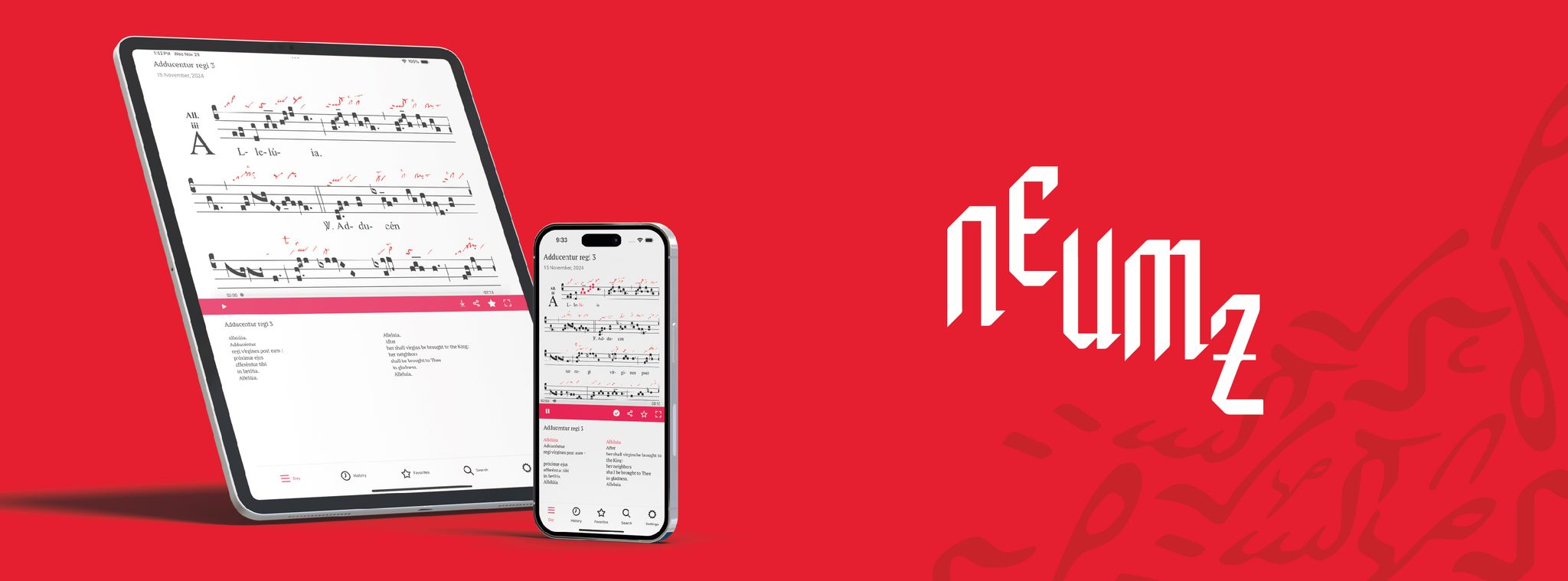Vultum Tuum 2 (Sine Versu)
The feast of the Holy Rosary, originally called Our Lady of Victory, was instituted by Pope St Pius V to celebrate the victory against the Ottomans on 7 October 1571 at Lepanto, on the west coast of Greece, during a naval battle against a European coalition mobilised by the Pope under the aegis of the Holy League. This victory marked the definitive end of Ottoman expansionism. This feast, which began to be celebrated from 1573 onwards, was once again renamed Our Lady of the Rosary by Pope St John XXIII. The Rosary is an object consisting of a cross surrounded by round grains of different sizes, which allow us to meditate on episodes from the joyful, luminous, sorrowful and glorious life of Jesus.
To celebrate this day, we at Neumz have chosen the Entrance Antiphon, Vultum tuum. The text, taken from Psalm 44, is the wedding hymn of Christ and the Church. The verses that make up the Introit Antiphon are taken from the response of the Bridegroom's friend to the Bride, but in this liturgical setting they take on a somewhat different meaning. They are the Church's compliment to the Mother of God to pay homage to her: the mighty, the virgins, all of us, brothers in Christ, sing and profess the veneration that rises to Mary, woman chosen from all and particularly blessed.
As for the melody, composed in mode 2, it first bows full of veneration before the beloved face, singing the low A; the beautiful ascent at deprecabuntur and the thirds leading to the dominant show tenderness in the depths of the soul. The melody then settles on the dominant, the F, conferring an air of spaciousness and solemnity to this first phrase.
In the second, a series of ornaments in G embellish it, a melodic turn of a certain grace, with great expressiveness, envelops virgines and the post eam cadence. After this, in the third phrase, the melodic movement oscillates around D and F, with some ornamentation in C, in proximæ ejus and adducentur tibi, preparing the splendid ascent at laetitia, full of joy, where the melody rejoices before the procession of the chosen ones who will appear before Mary and her Son in eternity.
